While dogs have been cherished companions and protectors throughout history, not all breeds are cut out for the serious business of guarding. Some, with their friendly dispositions, comedic antics, or sheer lack of intimidation factor, might make the worst guard dogs—but they would certainly be the funniest to watch in such a role. From enthusiastic greeters who love everyone to those who would rather nap than keep watch, these breeds bring joy and laughter rather than deterrence. This article will explore eight dog breeds who, despite their many wonderful qualities, might not be your best bet for home security but would undoubtedly keep things entertaining.
1. Cavalier King Charles Spaniel
Cavalier King Charles Spaniels, with their gentle disposition and perpetual wagging tails, are more likely to welcome intruders with kisses than a fierce bark. Renowned for their affectionate nature, these dogs thrive on companionship and are happiest when curled up on a lap. The idea of a Cavalier King Charles Spaniel standing guard is amusing, as their approach to strangers is with an open heart rather than suspicion. Their small size and friendly demeanor make them less than ideal as guard dogs, but perfect for spreading joy and offering unconditional love.
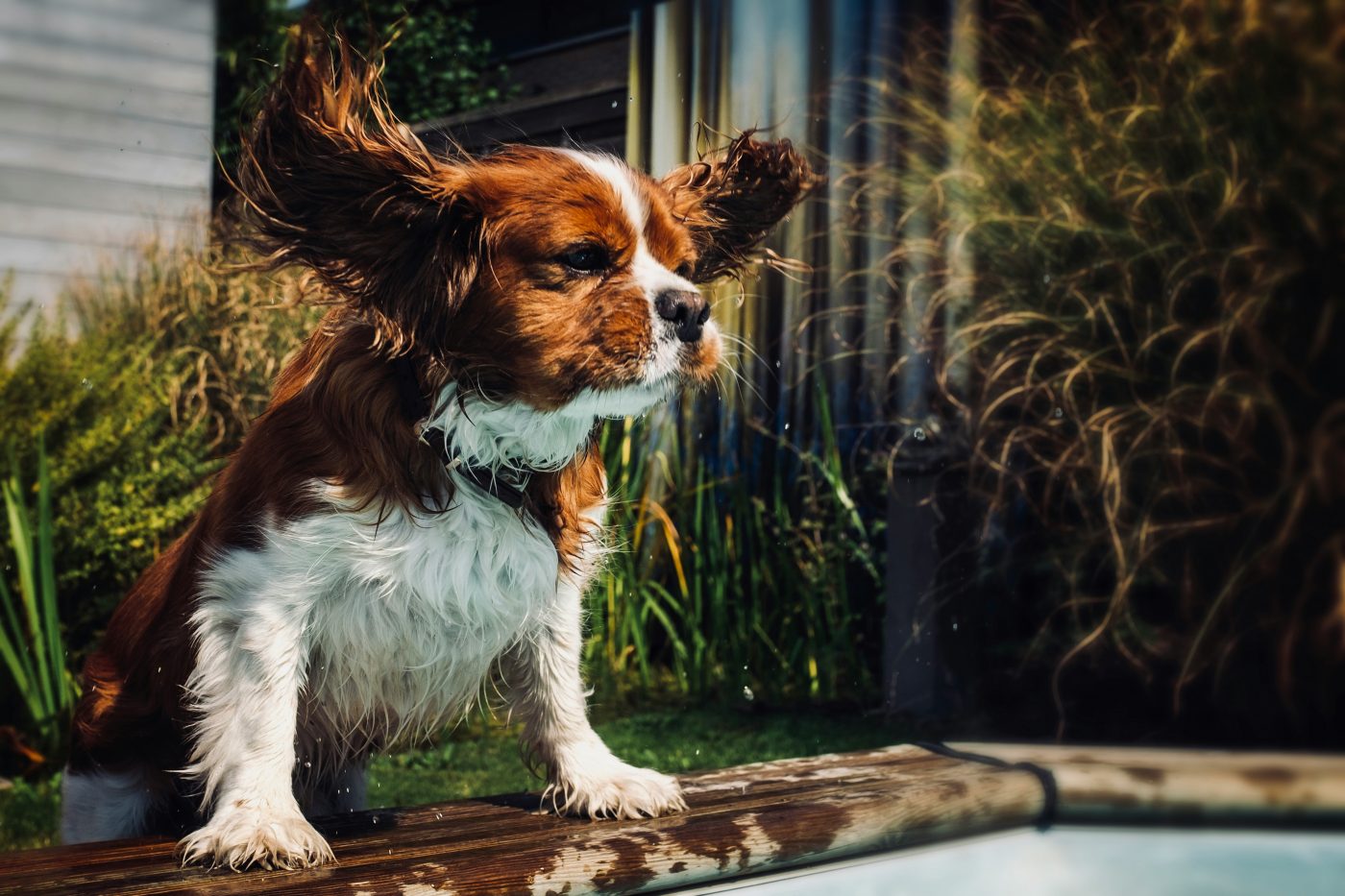
2. Basset Hound
Basset Hounds, known for their distinctive droopy eyes and long ears, might look solemn but are anything but serious when it comes to guarding. They may possess a deep bark, but it’s more likely to be used to demand attention or food rather than to ward off strangers. Basset Hounds are laid-back to the point of laziness, often found lounging rather than patrolling. Their excellent sense of smell does make them great trackers, but once they’ve found an intruder, they’re more inclined to ask for pets than to chase them away. The image of a Basset Hound on guard duty is comically incongruous with their true nature.

3. Pug
Pugs are charming, sociable little dogs with expressive faces and a penchant for mischief. As guard dogs, they would likely be more interested in making friends with an intruder than scaring them off. Pugs are known for their humorous antics and loving nature, preferring play over protection. Their small stature and friendly disposition make them ill-suited for guard duty, but they excel at providing entertainment and companionship. A Pug’s approach to guarding would probably involve a lot of snorting, wheezing, and ultimately, curling up for a nap beside the very person they’re supposed to be guarding.

4. Bichon Frise
The Bichon Frise, with its fluffy white coat and cheerful disposition, is the epitome of a lap dog, not a guard dog. Known for their playful and affectionate nature, Bichons thrive on human interaction and are more likely to solicit cuddles from strangers than to bark at them. Their small size and friendly approach to life mean they are more effective at warming hearts than guarding homes. A Bichon Frise attempting to take on the role of a guard dog would be a comical sight indeed, as they would likely welcome an intruder with enthusiastic tail wagging and expect petting in return.
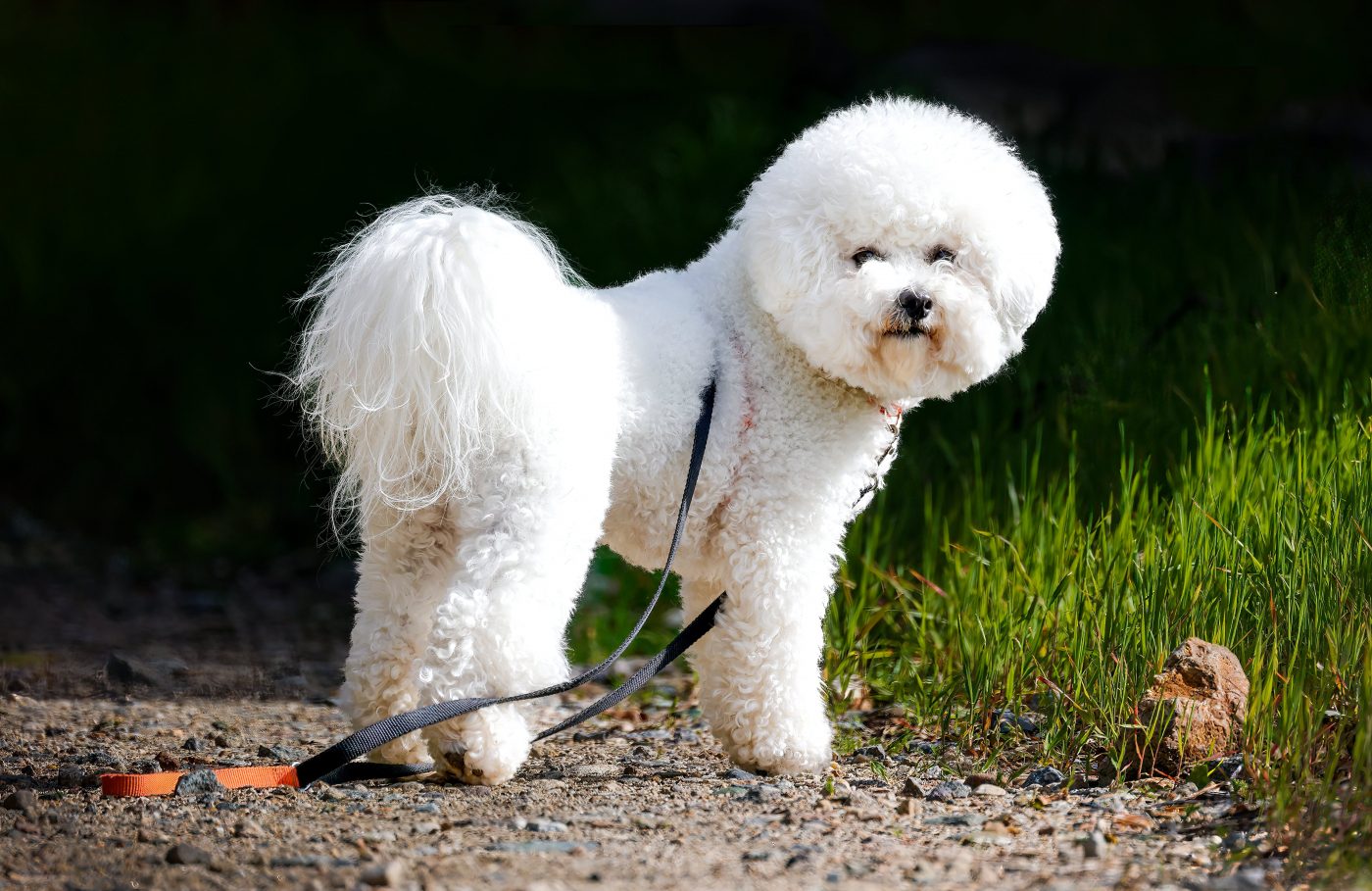
5. Shih Tzu
Shih Tzus, originally bred as companion dogs for Chinese royalty, are more accustomed to being pampered than patrolling. Their small size and friendly nature make them less than intimidating to potential intruders. Shih Tzus are better at being adorable and demanding attention than providing any form of security. They might alert their owners to the presence of strangers with their barking, but it’s more likely to be an invitation to play than a warning. Imagining a Shih Tzu as a guard dog is comical, as their priorities lie in comfort and companionship above all else.
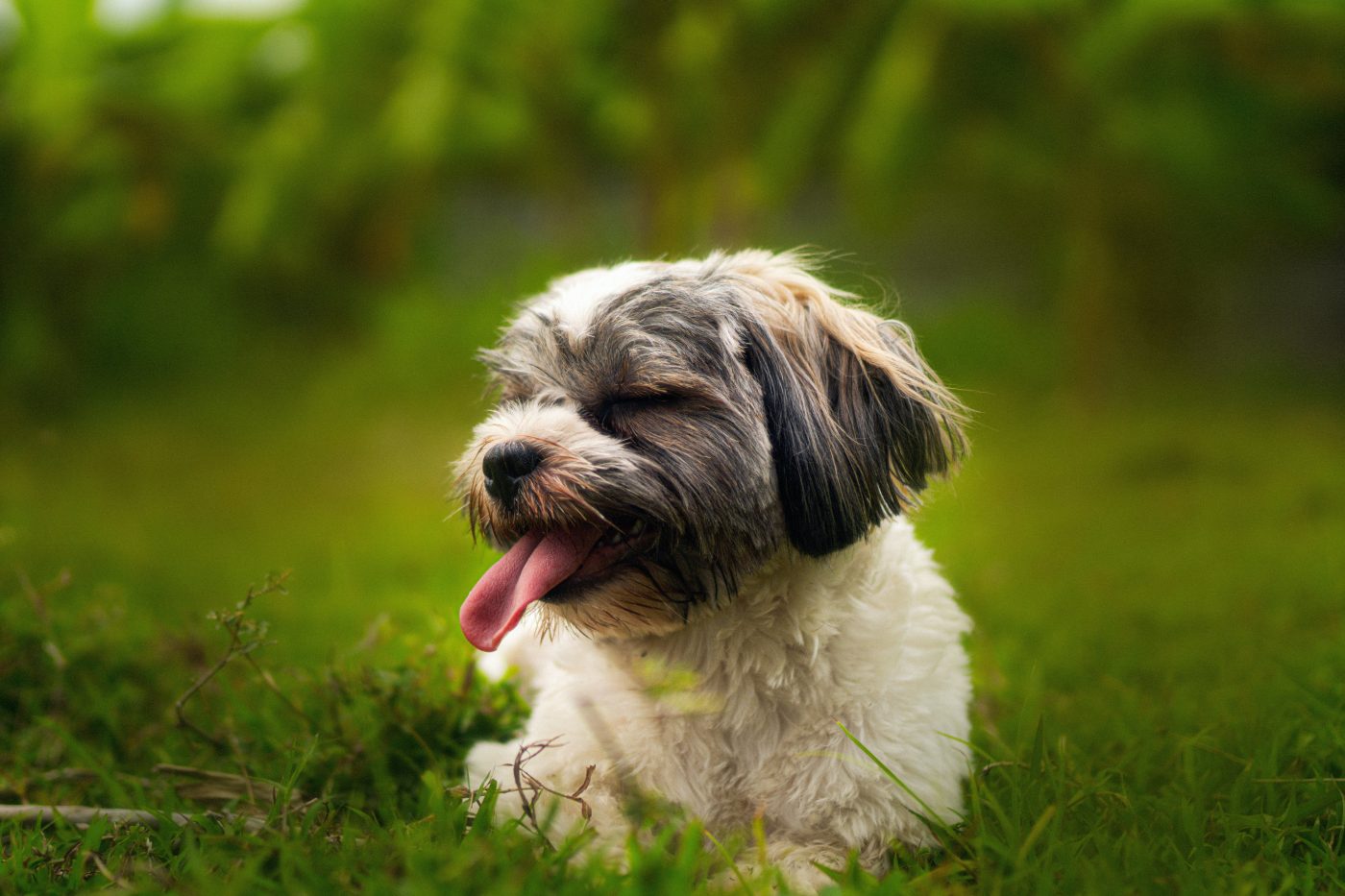
6. Dachshund
Dachshunds may have a bold and curious nature, but their small stature and humorous appearance make them unlikely candidates for effective guard dogs. Known for their playful yet stubborn demeanour, Dachshunds are more likely to investigate a situation with curiosity than with any real authority. While they may bark at the sign of an intruder, their actions are more likely to amuse than deter. The sight of a Dachshund standing guard is a humorous one, highlighting their spirited personality rather than any ability to intimidate.
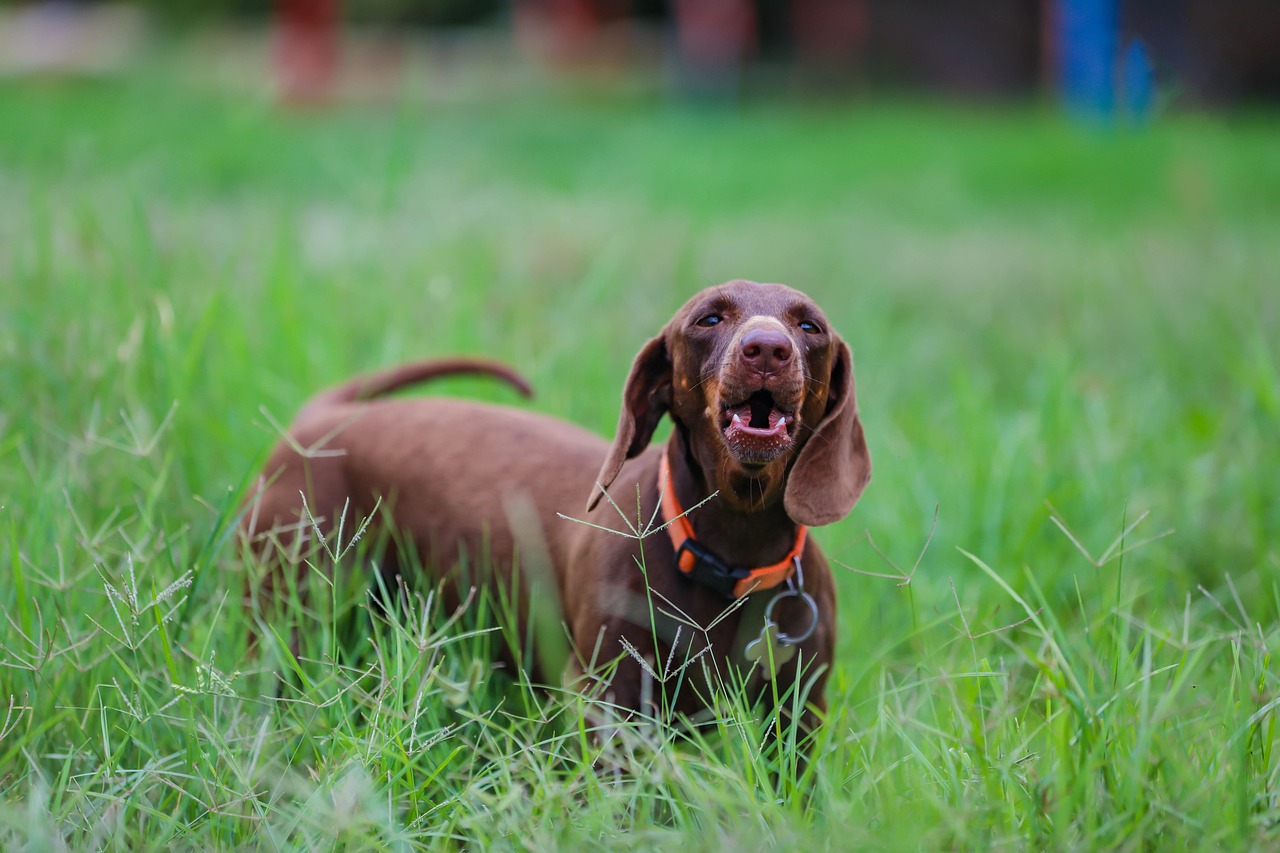
7. Italian Greyhound
Italian Greyhounds, with their sleek bodies and elegant gait, are the epitome of grace rather than guardianship. These sensitive and affectionate dogs form strong bonds with their owners, but their timid nature around strangers makes them poorly suited for guard duty. Italian Greyhounds are more likely to seek reassurance from their owners than to confront a potential threat. Their delicate build and preference for warmth and comfort over confrontation make the idea of them as guard dogs amusingly mismatched with their true character.
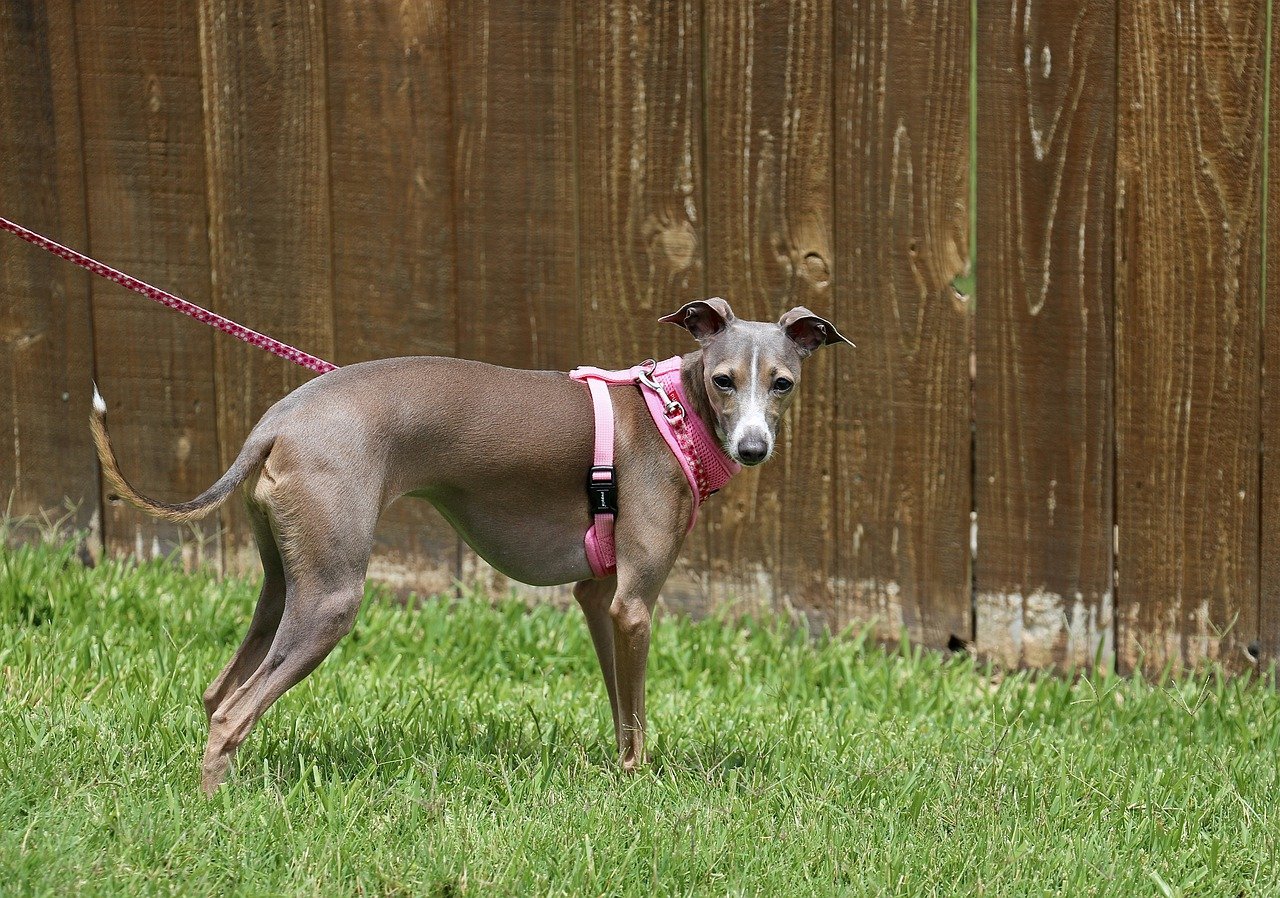
8. Newfoundland
Newfoundlands are gentle giants known for their sweet disposition and love of water, not for their guarding skills. Despite their large size, which could potentially intimidate, Newfoundlands are more likely to greet an intruder with a friendly bark and a wagging tail than any form of aggression. Their protective instincts are more nurturing in nature, making them excellent companions and rescuers rather than fierce protectors. The thought of a Newfoundland on guard duty, likely to offer a slobbery kiss instead of a warning growl, brings a smile to the face.

While the idea of these breeds serving as guard dogs is more likely to induce laughter than fear, their qualities of affection, companionship, and joy are what truly make them invaluable to their owners. Breeds like the Cavalier King Charles Spaniel, Basset Hound, Pug, Clumber Spaniel, Shih Tzu, Dachshund, Italian Greyhound, and Newfoundland may not deter intruders, but they excel at filling homes with love and laughter. Their inability to be serious guards is far outweighed by their ability to be devoted friends, proving that in the world of dogs, love and humour often trump the need for security.
 Toledo, United States.
Toledo, United States.